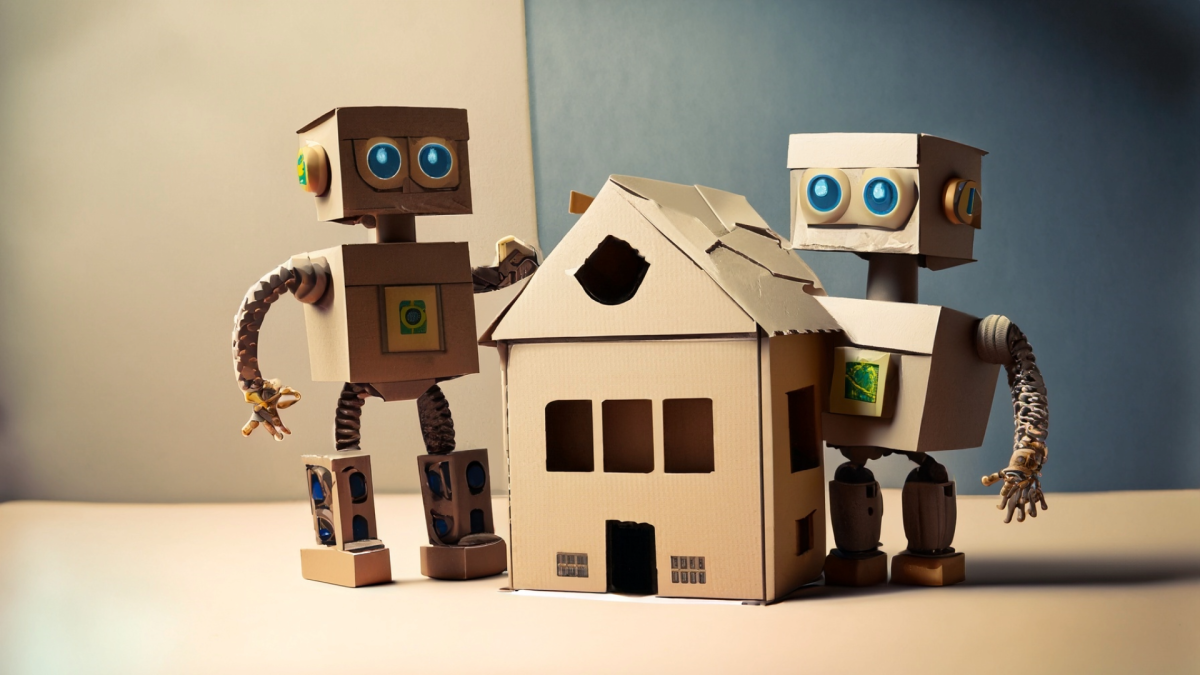
This lesson is designed around competition. Competition is a driving force behind natural selection. If something can survive to reproduce, the traits are passed on. Students will be completing

This lesson is designed around competition. Competition is a driving force behind natural selection. If something can survive to reproduce, the traits are passed on. Students will be completing

Students will use science skills to engineer habitats for polar regions as they learn about the polar regions through hands on experiences.

Students will understand that humans can control their environment. Students will investigate the effects of different pruning methods on cherry tomato plant growth and fruit production.

This is a junior high lesson on plant grafting that can be done in a classroom setting or with an after-school club such as botany. This lesson can be easily modified for any grade level. In this

Three day lesson on garbage, recycling, and composting. Day 1: Students are provided a garbage bag and no instruction on recycling. *Collect all of your disposable garbage for 24 hours. Bring it back

Students will go through the process of counting pumpkin seeds and analyzing data through mean, median and mode as well as creating correlating graphs. Students will learn what causes fruit

In this lesson, students will extract chlorophyll from spinach leaves and make different concentrations following the dilution method. Students will learn to compare the absorbance values obtained at

The owl pellet dissection is an engaging lesson where students will be looking closely at regurgitated pellets and discovering energy transfer through the owl and their prey. Students will be creating

The "From Farm to Table" unit will provide 2nd grade students with an understanding of the journey food takes from the farm to their tables. Students will explore the water cycle, plant life cycle